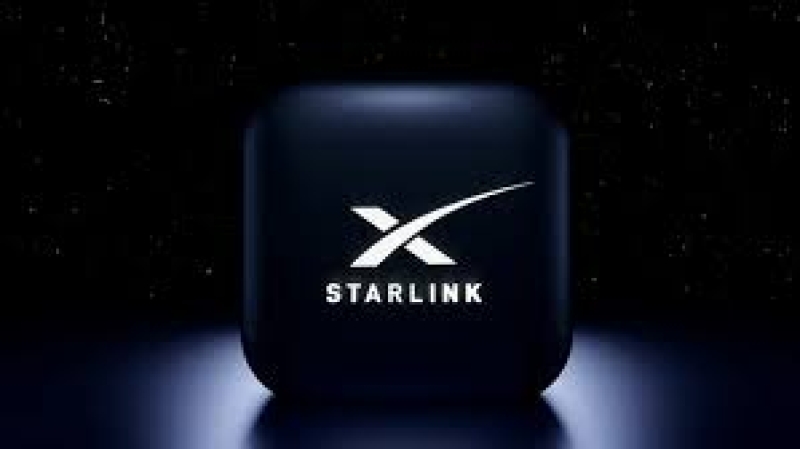- Govt reaffirms commitment to distribute school books by Jan |
- Dhaka’s air turns ‘unhealthy’ on Sunday morning |
- BD’s leather sector stuck at $1bn; could tap $5bn: Experts |
- RU suspends ward quota reinstatement amid student protests |
- Airports across Europe face disruptions due to cyberattack |
Starlink Seeks Nod to Export Bandwidth from Bangladesh

Starlink, the satellite internet venture of US-based SpaceX, has sought regulatory approval to export bandwidth from Bangladesh, marking a significant step in its regional expansion plan.
In a letter to the Bangladesh Telecommunication Regulatory Commission (BTRC), the company requested permission for the commercial use of International Private Leased Circuits (IPLC) and unfiltered IP services to provide connectivity beyond Bangladesh’s borders.
An IPLC is a secure, high-capacity communication line that links two countries, allowing direct data transfer without reliance on third-party networks. Unfiltered IP refers to unrestricted internet routes that bypass national-level filtering and monitoring systems.
Confirming the request, Brigadier General Shafiul Azam Parvez, director general of engineering and operations at BTRC, said: “We have received the letter from Starlink in this regard. We are assessing it. The final decision will depend on government approval.”
Starlink Services Bangladesh Ltd has already installed four local gateways across the country. Two gateways are situated at the Hi-Tech Park in Gazipur, while the other two are located in Rajshahi and Jashore. According to BTRC inspections, the gateways in Kaliakair began handling commercial traffic on 9 August, while those in Rajshahi and Jashore went operational on 20 August.
The gateways are equipped with significant capacity: 80 Gbps in Kaliakair, and 400 Gbps each in Rajshahi and Jashore. Industry observers believe these capacities indicate Starlink’s intent to position Bangladesh as a hub for regional bandwidth supply, potentially extending services to India, Nepal, Bhutan, and Myanmar.
Starlink received its operating licence in Bangladesh in April this year and officially launched operations in May. The company has also secured regulatory approval in India, where rollout is expected once spectrum allocation and infrastructure setup are completed. In Nepal, it has submitted a proposal to operate, while Bhutan introduced Starlink in February. In Myanmar, although the service remains banned, Starlink terminals are reportedly being smuggled into restricted areas.
Bangladesh currently consumes around 8,500 Gbps of bandwidth, with about 4,000 Gbps supplied by Bangladesh Submarine Cable Company PLC through undersea cables. The remainder is imported from India via terrestrial connections. Additionally, the state-owned submarine cable company, through Bangladesh Telecommunications Company Ltd (BTCL), exports about 10 Gbps of bandwidth to India’s north-eastern states.
If approved, Starlink’s entry into bandwidth exports could reshape Bangladesh’s role in regional connectivity, potentially boosting digital trade, enhancing cross-border internet resilience, and reinforcing the country’s standing as an emerging player in South Asia’s digital infrastructure.

